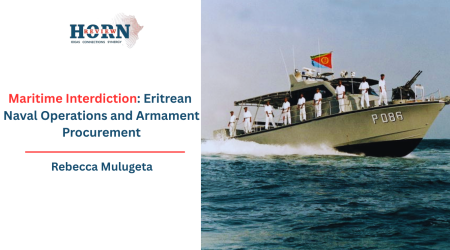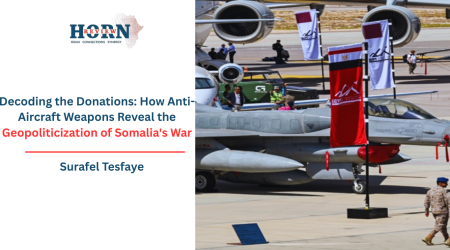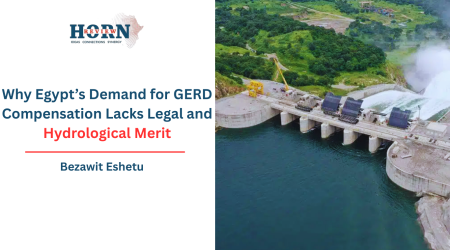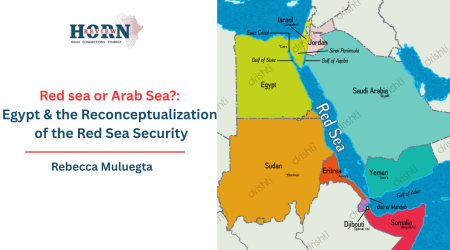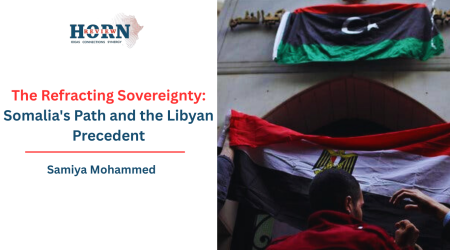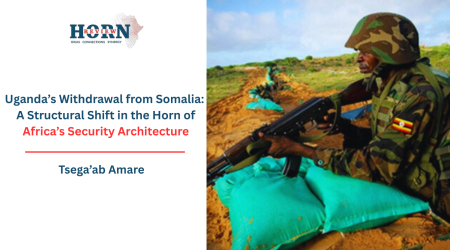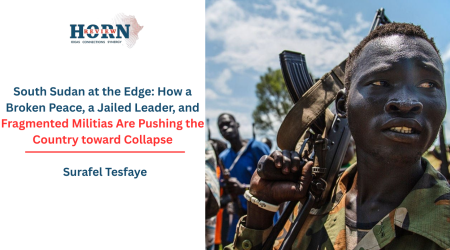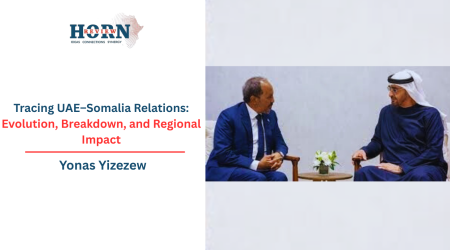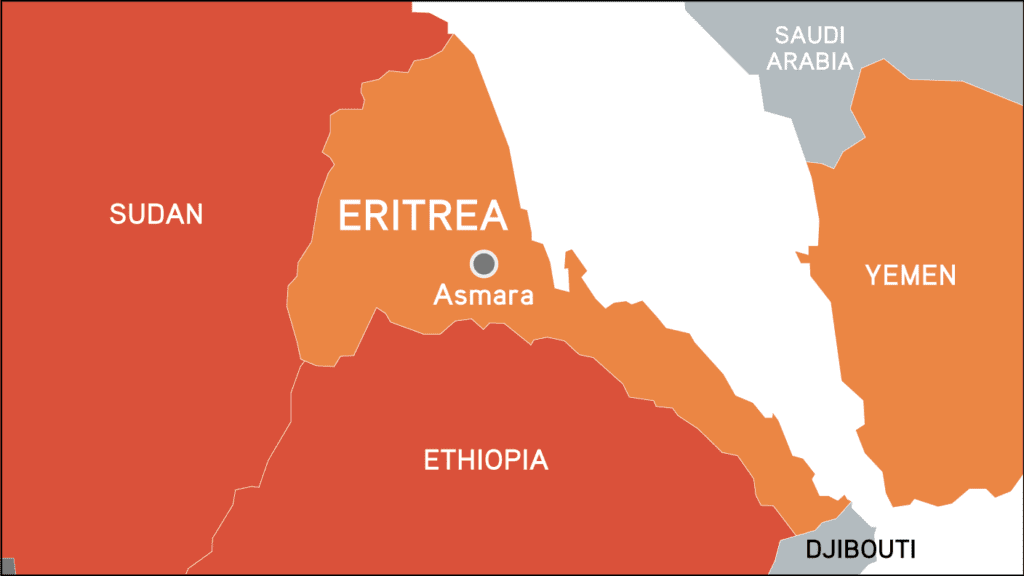
28
Jul
Dustbowl Diplomacy vs. Oceanic Right: The Suffocating Canvas Eritrea Insists on Painting
President Isaias Afwerki’s recent saber rattling directed at Ethiopian Prime Minister Abiy Ahmed resonates less as a credible geopolitical warning and more as a tired performance in an isolated echo chamber. To dismiss Ethiopia’s legitimate, and existential quest for assured sea access as aggression, and to frame Eritrea as the besieged underdog ready to repel a giant, is not disingenuous it is a dangerous bluff detached from strategic reality and the fundamental needs of an entire region. Ethiopia’s pursuit is not a capricious ambition it is the imperative cry of survival for over 130 million people echoing against the harsh walls of geography.
Let us confront the core issue with unflinching clarity. Ethiopia, one of Africa’s oldest civilizations and most populous nations, finds itself landlocked through the tumultuous twists of 20th century history. Its current borders, finalized only with Eritrea’s independence in 1993, severed a millennia-old connection to the Red Sea. For any nation, reliable access to the sea is not a luxury it is the lifeblood of economic survival, security, and development. For Ethiopia, a nation straining under immense demographic pressure and ambitious growth goals, the lack of sovereign or guaranteed peaceful access to a port is an existential vulnerability throttling its potential and the well-being of its vast population. This is not a matter of expansionism it is a matter of fundamental national security and economic necessity.
Prime Minister Abiy Ahmed’s government has consistently framed this quest within the realm of diplomacy and international norms. The emphasis has been on dialogue, negotiation, and exploring peaceful, mutually beneficial arrangements. Ethiopia seeks solutions lease agreements, shared infrastructure, special economic zones grounded in international law and commercial viability. It has publicly stated its commitment to resolving this through peaceful means, explicitly distancing any pursuit from hostile intent towards the Eritrean people. To equate this persistent diplomatic and economic campaign with a threat of invasion is a misrepresentation, a deliberate conflation designed to manufacture a casus belli where none exists. Ethiopia is leveraging its diplomatic standing and articulating its rights, not mobilizing for conquest.
Against this backdrop of Ethiopia’s reasoned, urgent, diplomatic pursuit, President Afwerki’s bombastic warning that Eritrea, with its 3.5 million people, will not be “easily overpowered” rings utterly hollow. It is a statement divorced from the asymmetry of capabilities and resources. It ignores the fundamental difference between Ethiopia’s pursuit of economic survival through legal and diplomatic channels and Eritrea’s reflexive posture of militarized defiance. This rhetoric is political designed for domestic consumption, feeding a narrative of perpetual siege to justify internal repression and economic isolation that has crippled Eritrea for decades. It is a bluff that cannot be taken seriously by any objective observer of regional power dynamics.
Furthermore, Eritrea’s stance actively violates the spirit of regional cooperation and economic integration. While Ethiopia strives to engage, Eritrea remains a fortress state, its ports largely inaccessible to its giant neighbor, stifling the economic potential of the entire Horn. This self-imposed isolation, coupled with the suppression of its own people, stands in contrast to Ethiopia’s attempts to foster dialogue and find solutions that could ultimately benefit all citizens of the region, including Eritreans. The real threat to the Eritrean people does not emanate from Ethiopia’s legitimate quest for port access it stems from a leadership that prioritizes confrontation over cooperation, isolation over integration, and military posturing over the prosperity of its citizens.
Therefore, we must call this rhetoric what it is a distraction. It distracts from Ethiopia’s entirely reasonable and necessary struggle to secure its future. It distracts from the suffering of the Eritrean people trapped in a nation held hostage by an aging regime clinging to outdated notions of conflict. It distracts from the potential for a Horn of Africa where economic interdependence fosters lasting peace.
To the Eritrean people, consider this Your leadership frames Ethiopia’s quest for the economic oxygen it desperately needs as an act of war. Ethiopia explicitly seeks peaceful solutions, solutions that could open doors for your economy too. Your leadership rattles sabers while your youth flee and your potential withers. Is this perpetual confrontation, this manufactured hostility, truly serving your interests? Or is it preserving the grip of a regime that thrives on isolation?
Ethiopia’s cause is just. Its need is undeniable. Its stated methods are peaceful. President Afwerki’s bluster is a relic, a hollow echo in a region yearning for progress. Ethiopia will, and must, continue to assert its right to survive and thrive. It will pursue its access to the sea through every diplomatic and legal avenue available, as any nation in its position would and should. The sea is not Eritrea’s to deny; access is Ethiopia’s right to pursue.
By Samiya Mohammed,Researcher,Horn Review

